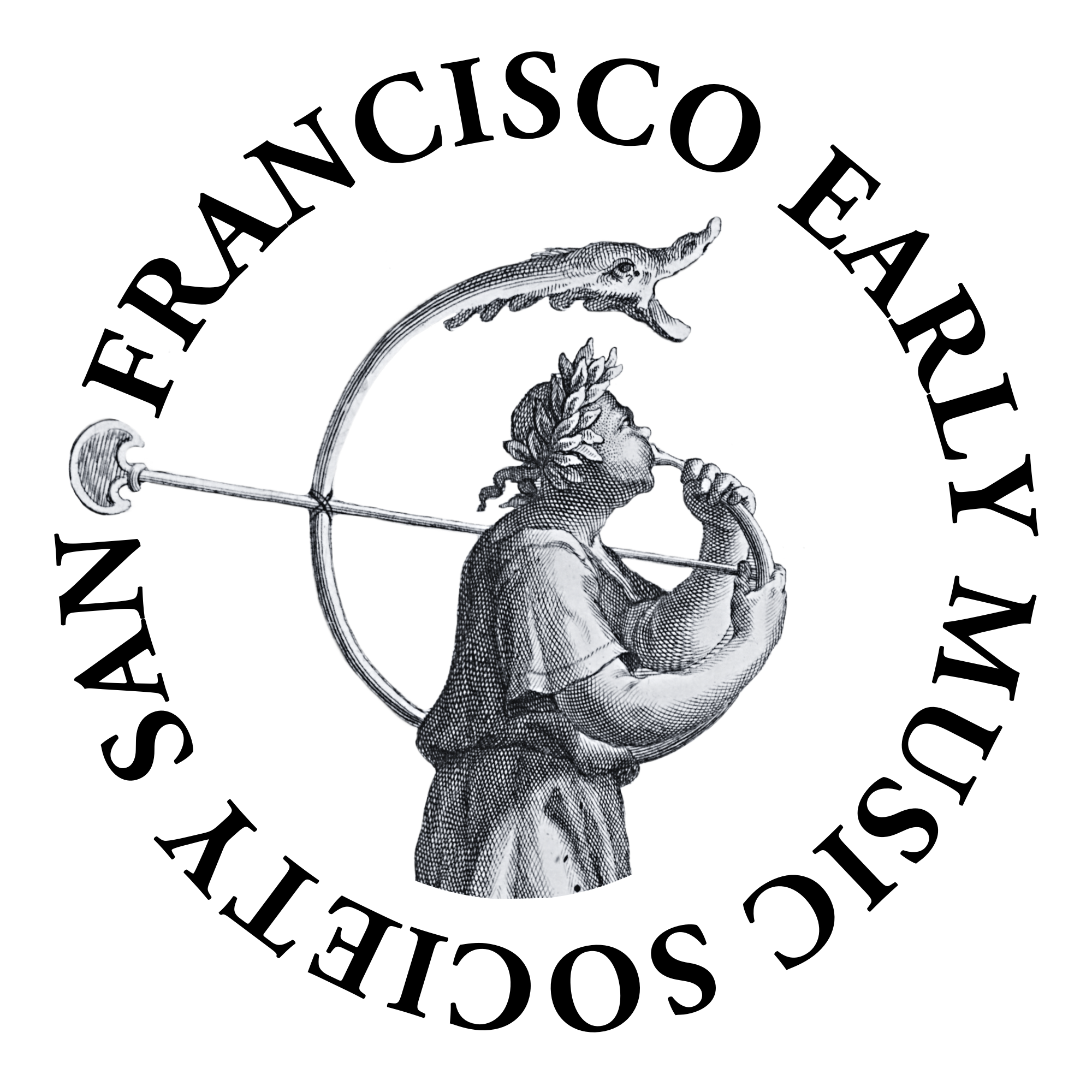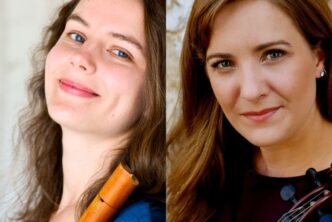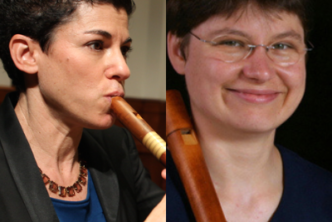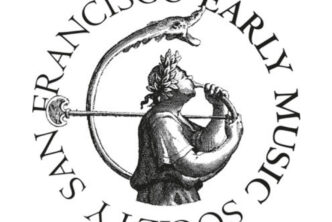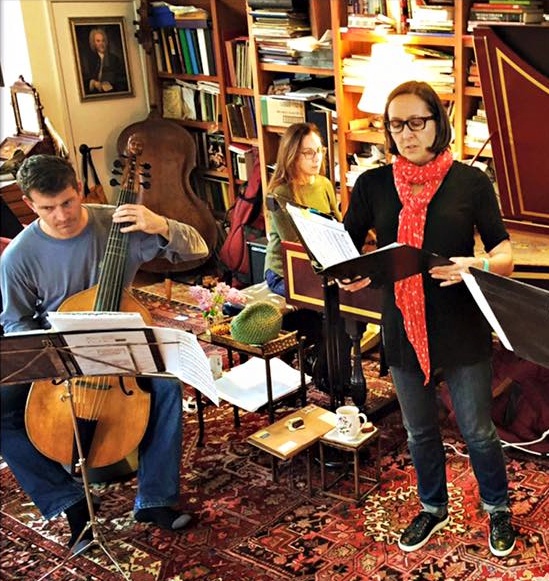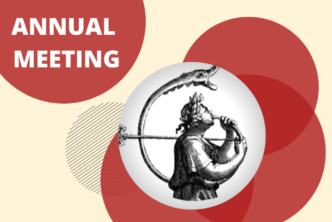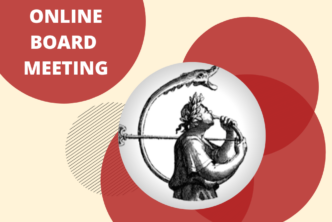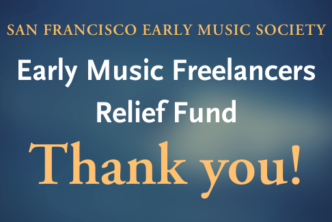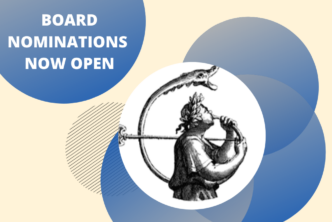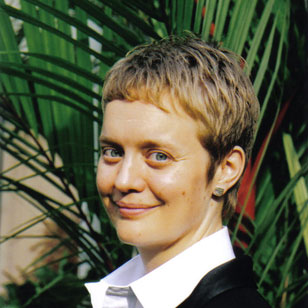The California Bach Society presents three of Bach’s earliest cantatas, composed at Arnstadt and Mühlhausen, modeled upon works of older contemporaries. Artistic Director Paul Flight leads the 30-voice chorus, a baroque consort of strings, oboe, and bassoon, and soloists Jennifer Paulino (soprano), Elliott Encarnación (tenor), and Sepp Hammer (bass).

These works are the output of a talented, confident, and very young composer (Bach was in his early twenties when these cantatas were written), aware of his skills and eager to display them. Bach himself never revealed how much he learned from his older contemporaries, and we can only infer the influences by studying the musical environment in which he lived; in his own writings, he seemed unwilling to attribute his accomplishments to anything other than his own industriousness and hard work. These early cantatas are quite different in structure from his later cantatas, which utilize solo recitatives and da capo arias, in addition to the usual choral movements and chorale settings. What they do share with the later cantatas is the ability, first developed and expanded by Monteverdi and Schütz (and their contemporaries), to express powerful emotions through musical affect, whether it was sacred or secular.
The chorale cantata Christ lag in Todesbanden (BWV 4) draws from Johann Pachelbel’s work of the same name. Bach uses all seven verses of this hymn (the words are by Martin Luther, and Luther based the tune on the medieval Easter hymn Christ ist erstanden); each verse is set as chorale fantasia, with the chorale tune placed like a gem in varied settings. Although certainly influenced and inspired by Pachelbel (and many others), the youthful Bach displays his own personal musical vision in a dramatic fashion; this motet could be experienced as a mini-opera as the music and words inexorably draw the listener through the emotional journey of this hymn.
Bach’s Aus der Tiefen (BWV 131) skillfully juxtaposes verses of Psalm 130 with verses of a Lutheran chorale (Herr Jesu Christ, du höchstes Gut); it was probably written for the season of Lent. Bach used some musical forms which reappear in later cantatas. Two of the choral movements contain a fugue, a style of composition we certainly strongly associate with Bach. The two movements for soloists are chorale fantasias, with the soloist singing the psalm text and an upper voice singing the chorale in long notes as a cantus firmus. The structure of the cantata is in many ways unusual, compared to Bach’s later cantatas, yet who can blame a young and brash composer for experimenting?
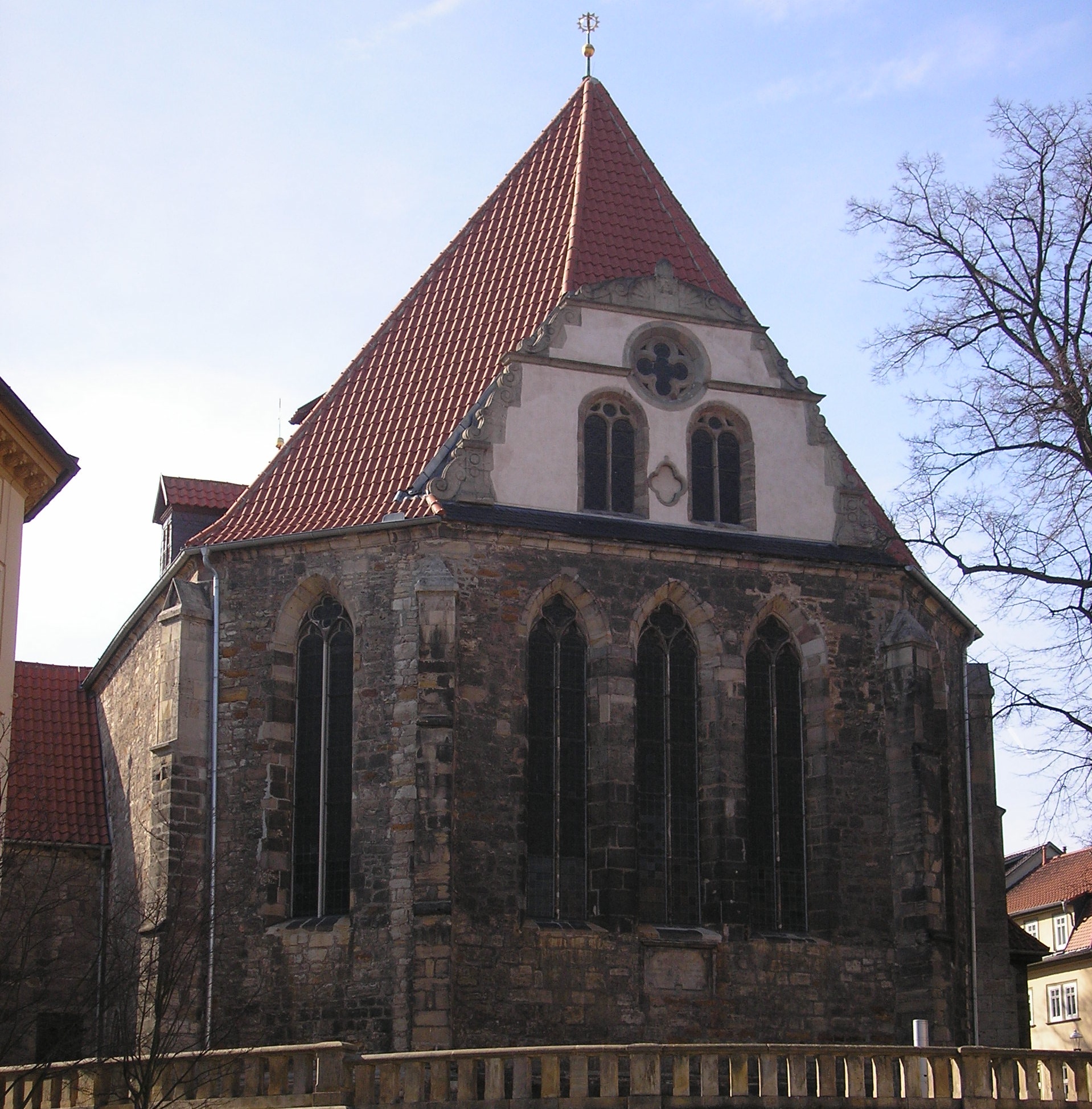
Bach’s earliest surviving cantata, Nach dir, Herr, verlanget mich, (BWV 150) features four richly contrapuntal choral fugues. It is unusual in its blend of biblical verses and free poetry, and it does not incorporate a chorale tune. The opening movement presents yearning phrases in the violins, married to a chromatic descending line in the opening chorus (a frequently used Baroque motif to symbolize sorrow and penitence). The rising line in the second choral movement, which starts out in the bass line and lifts up right through the upper orchestral instruments, leads us out of sorrow towards redemption; a rising mood continues with each successive movement. In the last movement, which is in the form of a chaconne, the descending penitential motif inverts and becomes the underlying ground bass, completing the transformation. Johannes Brahms assisted in a complete publication of Bach’s works in 1884 and he was quite taken with this movement’s motif, so much so that he incorporated it (in modified form) into the last movement of his Fourth Symphony, written the following year.
Performances are 8:00 p.m., Friday, February 27, at St. Mark’s Lutheran Church in San Francisco; 8:00 p.m., Saturday, February 28; at All Saints Episcopal Church in Palo Alto; and at 4:00 p.m., Sunday, March 1 at St. Mark’s Episcopal Church in Berkeley. General tickets are $28 in advance, or $33 at the door; senior tickets: $20 in advance or $24 at the door. Students and patrons under 30 always pay $10.
SFEMS members receive a $5 discount on the advance purchase price when using promotion code “SFEMS” until 5:00 p.m. on Thursday, February 26. Order by phone at 650-485-1097 or online at www.calbach.org/tickets.pl.

